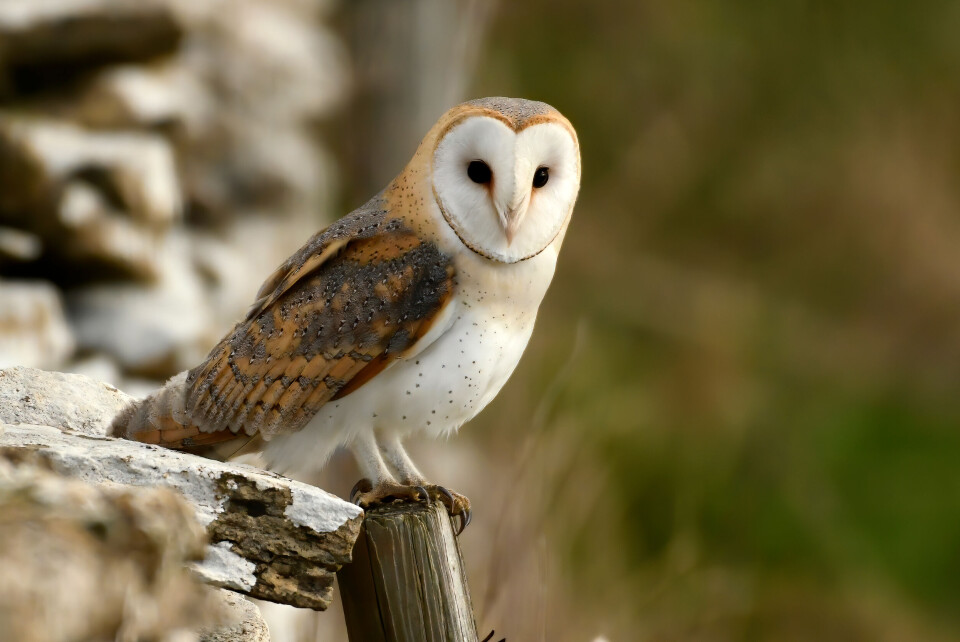-
Warnings after dog poisonings in south of France countryside
More than 20 dogs, including truffle hunting animals, have been poisoned by mysterious pellets
-
Poll: People in France very attached to local public services
Almost four in 10 would support paying more tax to ensure services remain well-funded
-
US ambassador in France snubs official summons over controversial social media post
It is the second time Charles Kushner has failed to attend a summons from the French Foreign Ministry
Brittany gendarmes rescue owl stuck in a wood pile
The bird had a broken wing and hypothermia and was unable to escape

Gendarmes in northwest France were called to a rather unusual issue last week when an owl became trapped in a wood pile.
The team in Landivisiau, Finistère, Brittany, managed to save the bird, which had a broken wing and was suffering from hypothermia, with some gloves and a covering.
They caught the owl and brought it into the warm where its injuries were tended to by a vet. It was still being cared for on-site at the weekend.
The Gendarmerie de Finistère posted an update on the incident on its Facebook page saying: “This is a good example of how gendarmes take on sometimes unexpected but such gratifying missions.”
The owl was a ‘barn owl’ type, also known by its scientific name, ‘Tyto alba’.
As the most widely distributed owl in the world, it is found in all continents, except for Antarctica and on some islands.
It is known for having extremely strong eyesight and hearing, and can turn its head by 270 degrees. In comparison, humans can only turn their head by 120 degrees (“and much less for some drivers”, joked the gendarmerie post drily).
It typically does not hoot but screeches. It can come in various shades of grey, brown and white.
Owls are also associated with the Greek goddess, Athena, and represent knowledge, wise reflection, and intelligence.
In the middle ages in France, some believed that owls would ward off bad luck, and they were associated with deviousness. Coming across one was said to herald a dark future – but nailing one to the front of your house was said to ward off the bad spirits.
More recently, owls have come to be seen more positively, with some in France still believing that coming across one is a signal of a better future and great changes afoot in your life. It can also be a sign of good weather returning.
While the general word for ‘owl’ in French is ‘hibou’, it can also be referred to as a ‘chouette’, which is also used as a more colloquial word to mean ‘great’, ‘nifty, or ‘nice’.
Read also
‘Bring your dog to work’ could lure people back to French offices
Spring nature spotting in France: clues animals and birds leave behind
Pet thefts on rise in France: what to do if it happens to your animal
























